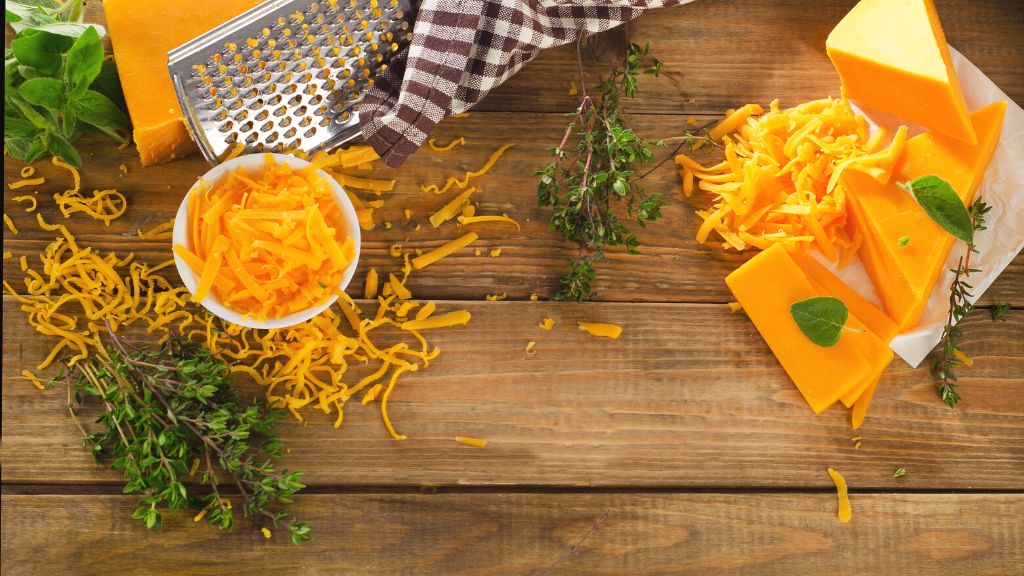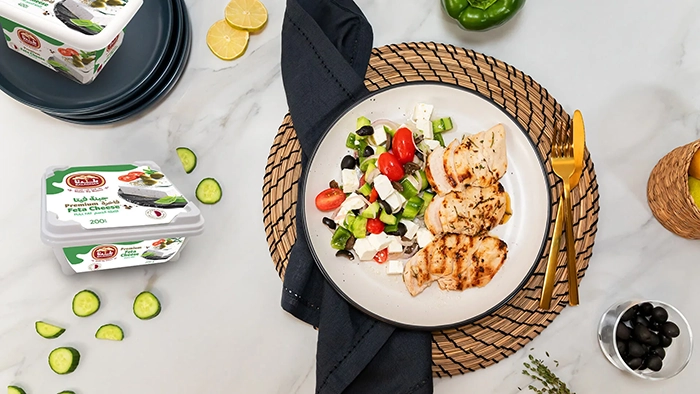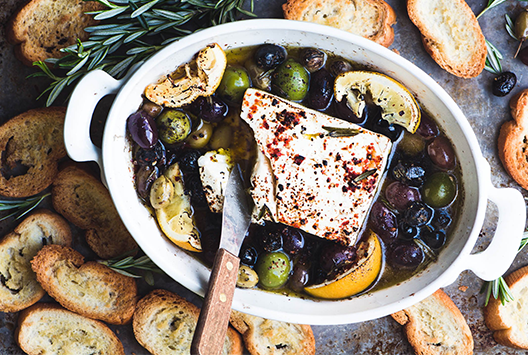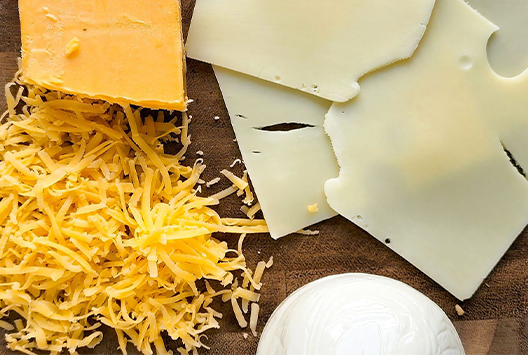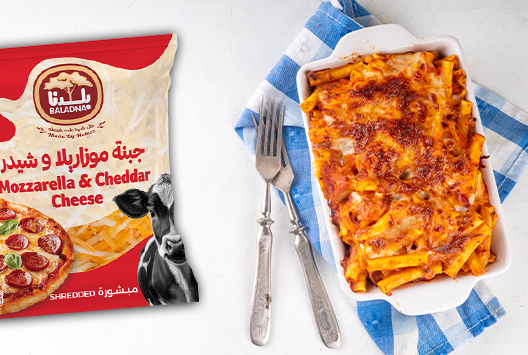
Mozzarella Cheddar Mix: Cheesy Pasta Recipes
Who can resist a deliciously cheesy pasta dish? When it comes to putting together the ultimate comfort meal, the combination of mozzarella and cheddar is a game-changer. Mozzarella adds that stretchy, melty goodness, while cheddar offers a sharp, rich flavor that balances perfectly.
Whether you're whipping up a quick weeknight dinner or looking to impress guests, these cheesy pasta recipes will hit the spot.
1. Mozzarella Cheddar Eggplant Rolls
For a flavorful twist on pasta dishes, try eggplant rolls stuffed with cheesy goodness. Slice eggplants lengthwise, grill them, and stuff each slice with a mix of cooked pasta, mozzarella, cheddar, and marinara sauce. Roll them up, place them in a baking dish, top with extra cheese, and bake until bubbly. The mozzarella makes the filling creamy, while cheddar adds richness to every bite.
2. Three-Cheese Mac and Cheese
Mac and cheese is the ultimate comfort food, and with Baladna’s mozzarella-cheddar combo, it gets even better. Make a creamy roux base, then stir in both mozzarella and cheddar to create a velvety, gooey sauce. Pour over cooked elbow macaroni, top with breadcrumbs, and bake until golden. The combination of stretchy mozzarella and tangy cheddar makes every bite irresistible.
3. Cheesy Pesto Pasta
Looking for a quick, flavorful dish? Toss your favorite pasta with fresh basil pesto, then sprinkle a generous amount of mozzarella and cheddar. The mozzarella melts into the sauce, while the cheddar adds a satisfying sharpness, balancing the fresh flavors of the pesto.
4. Mozzarella Cheddar Stuffed Shells
For a show-stopping dish, stuffed shells are a great option. Fill large pasta shells with a creamy ricotta mixture and a blend of mozzarella and cheddar. Top with marinara sauce, more cheese, and bake until the shells are tender and the cheese is bubbly.
5. Cheesy Potato Soufflé
For a comforting dish with a cheesy twist, this potato soufflé is a must-try. Whisk mashed potatoes with mozzarella and cheddar, along with some cream to create a fluffy soufflé base. Bake until golden and puffed up. The mozzarella gives the soufflé a light, melty texture, while the cheddar adds a punch of flavor, making this dish an irresistible side or main course.
A Final Cheesy Note
Whether you're making cheesy eggplant rolls, rich mac and cheese, or a delicious potato soufflé, the combination of mozzarella and cheddar adds the perfect balance of gooeyness and flavor to any pasta dish.
For the finest shredded mozzarella and cheddar combo, be sure to check out our product on our website or at supermarkets near you in Qatar. Try these recipes for your next meal and enjoy the magic of this delicious cheese duo!

